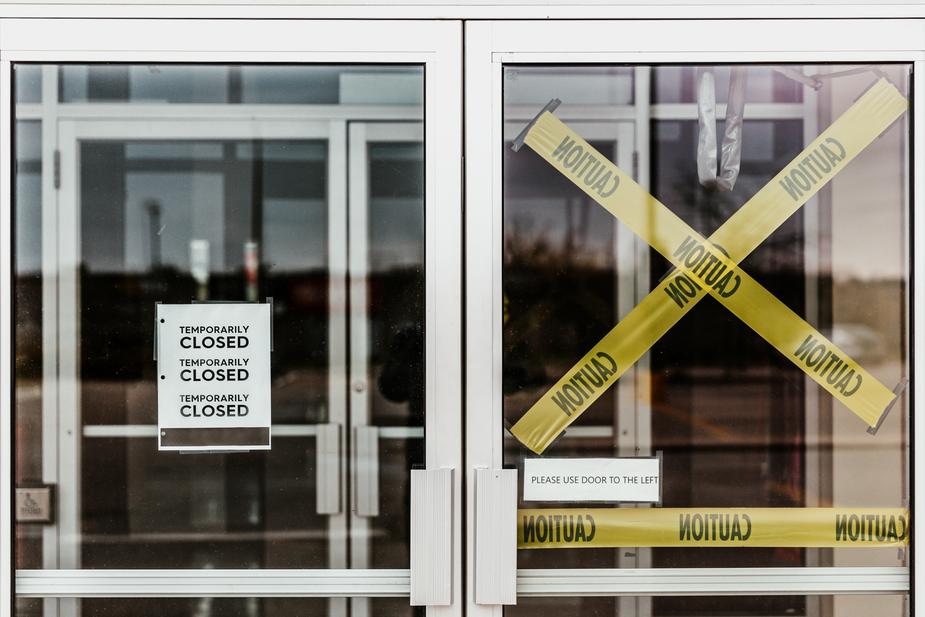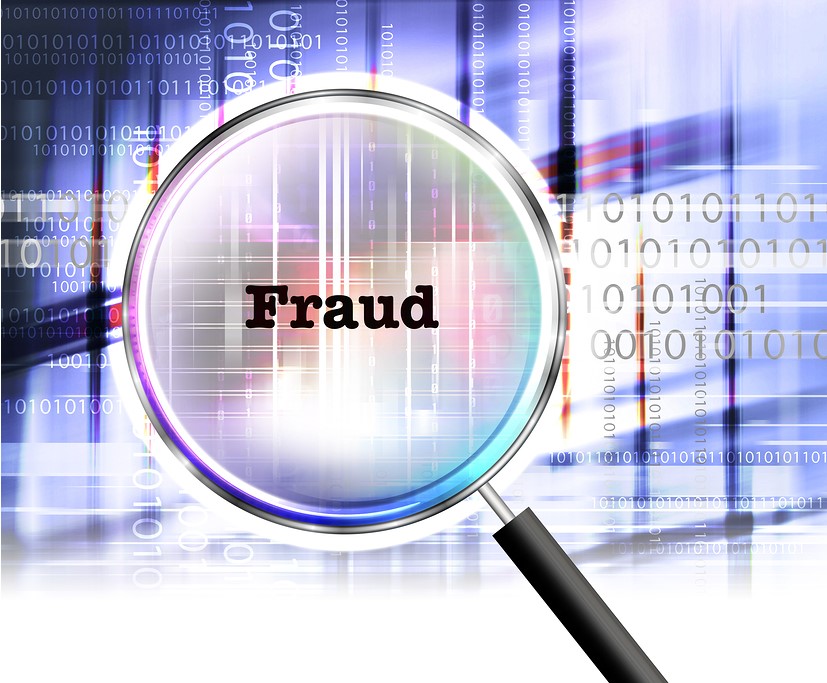

An insurer scored a significant win in what is believed to be the first court decision involving a COVID-19-related business interruption claim.
On July 1, 2020, 30th Circuit Judge Joyce Draganchuk in Ingham County, Michigan, dismissed a lawsuit by the owner of two restaurants in Lansing Michigan, siding with the insurer’s decision to deny a claim for business-interruption coverage because the eateries did not sustain “direct physical loss or damage.”
The decision in Gavrilides Management Company v. Michigan Insurance Co. was previously reported by the National Law Review, among others. Gavrilides Management sought $650,000 from Michigan Insurance Co. for losses it sustained after Gov. Gretchen Whitmer issued executive orders in March that limited its two restaurants to delivery and take-out orders.
Judge Draganchuck said it is clear from the wording of the insurance policy that only direct physical loss to the properties is covered. She rejected as “simply nonsense” the plaintiff’s claim that the restaurants were damaged “because people were physically restricted from dine-in services.”
“Direct physical loss of or damage to the property has to be something with material existence, something that is tangible, something … that alters the physical integrity of the property. The complaint here does not allege any physical loss of or damage to the property,” the judge said during the July 1 video court session. “The complaint alleges a loss of business due to executive orders shutting down the restaurants for dining … in the restaurant due to the COVID-19 threat, but the complaint also states that, at no time has COVID-19 entered the Soup Spoon or the Bistro through any employee or customer.”
The judge noted that the insurance policy also has a virus and bacteria exclusion, and that loss of access to the premises due to government action is not covered.
You can watch a recording of the virtual court appearance here.
Testing the Limits of Coverage
Business interruption insurance typically covers the loss of income that a business suffers due to the disaster-related closing of the business and the rebuilding process after a disaster. The COVID-19 pandemic is testing the limits of this coverage and its applicability to unprecedented circumstances.
Countless businesses were forced to close as a result of the COVID-19 pandemic and the ensuing emergency orders. While many businesses have been able to reopen since, often on a limited basis, the losses sustained have been steep and, in many cases, ongoing.
Several state legislatures, including New York’s, have introduced bills that would require insurers to cover business-interruption losses stemming from COVID-19, even if the policies specifically exclude such coverage. Meanwhile, more than 140 COVID-19-related business interruption cases have been filed in federal courts nationwide, including several filed in U.S. District Court for the Southern District of New York. To read three of the complaints, click on the links below.
Advent Valuation Advisors provides a variety of litigation support services, including the assessment of damages from business interruption. For more information on business interruption claims, read our blog posts here and here. If you have any questions, please contact us.



